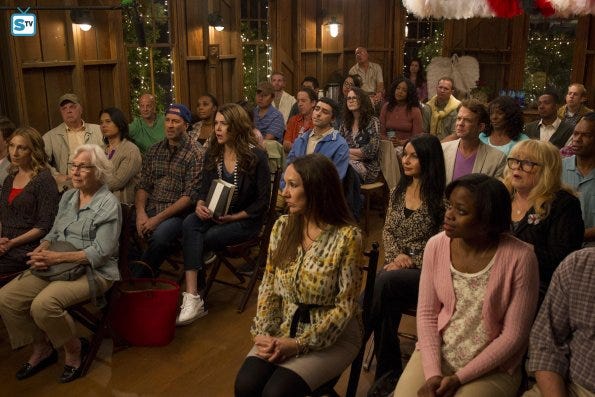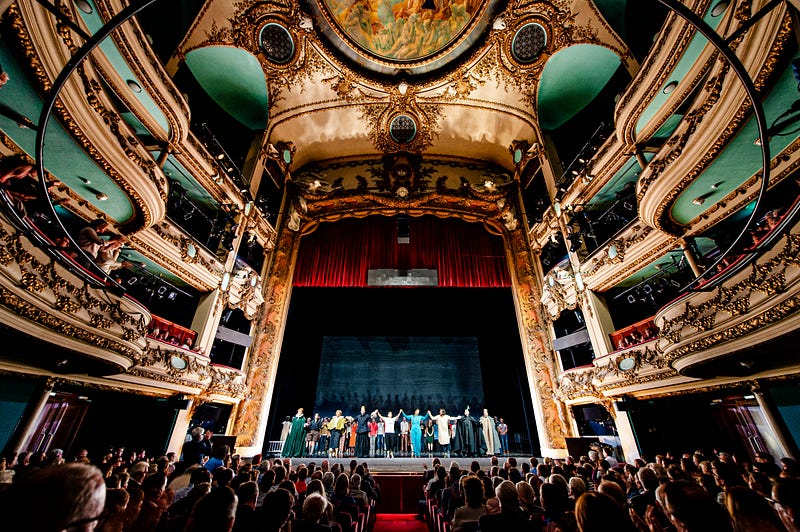A Discussion of Oliver DeMille’s 1913 Chapter 13 “The Last Turning Point” As Oliver DeMille concludes his book, he titles his last chapter, “The Last Turning Point,” which I find bleak, though perhaps that was not the intention. I prefer the idea of the next turning point. He opened his…
Tag: Culture

A Lazy People Cannot Remain Free
A Discussion of Oliver DeMille’s 1913 Chapter 12 “Free Citizens Read the Fine Print” If you are familiar with the U.S. government system at all, you know a key idea of the Founders is to use checks and balances to divide power. The Senate contends with the House. Both together…

We Are Blind to the True Value of Our Freedom
A Discussion of Oliver DeMille’s 1913 Chapter 11 “Essential Freedom” Oliver DeMille has detailed in his book how we took a turn away from freedom in 1913, and for that reason he focuses on the importance of freedom in this chapter. How can we regain our freedom if we do…

Tribal Leaders Needed to Revive the Basis of American Freedoms
A Discussion of Oliver DeMille’s 1913 Chapter 10 “Solution #3: Tribal Leaders” In Oliver DeMille’s third chapter on solutions, he is calling for tribal leaders to lead the new turning point towards freedom. The true freedom system includes establishing as the most basic unit of society — next to the family — small government…

We Need Good Readers and Thinkers
A Discussion of Oliver DeMille’s 1913 Chapter 9 “Solution #2: Voracious Readers and Independent Thinkers” DeMille called for “a small but committed few” to adopt his solutions to undo the damage to freedom by the 1913 turning points. (p. 89) While he called for an increase in entrepreneurship in the…

We Only Need a Few to Restore Freedom
A Discussion of Oliver DeMille’s 1913 Chapter 7 “Wanted: A Small Group of Committed Citizens” Oliver DeMille began laying out his case for what it will take to undo the 1913 turning points away from freedom the last chapter. And as I went through his suggestions, I said I was worried because…

We Need to be the People The Founders Expected
A Discussion of Oliver DeMille’s 1913 Chapter 6 “The Founding of Freedom in Modern Times” Oliver DeMille shifts his focus from the first five chapters where he laid out how we broke the founders’ design to an exploration of how we can fix things. He cites economist Murray Rothbard’s observation that you…

Peter Pan Bohemians Think They Know Best How We Should Live
A Discussion of Bourgeois Equality Chapter 64 “Anticonsumerism and Pro-Bohemianism were Fruits of the Antibetterment Reaction” Last chapter, Dr. McCloskey described two alternative deals the clerisy preferred as alternatives to the Bourgeois Deal. The Bolshevik Deal represents attempts at Communism as in the former Soviet Union, and the Bismarckian Deal lives on…

Radical Reformation of Church Governance Contributed to the Bourgeois Revaluation
A Discussion of Bourgeois Equality Chapter 39 “‘Democratic’ Church Governance Emboldened People” Dr. McCloskey continues her exploration of what led to a cultural shift away from esteeming hierarchy and towards esteeming the individual because it is that shift that enables the Great Enrichment she is trying to explain. She focuses…

Progress was not Inevitable or Predictable
A Discussion of Bourgeois Equality Chapter 38 “The Causes were Local, Temporary, and Unpredictable” People have a tendency to explain how we got where we are in history as if it was an inevitable process, but in this chapter, Dr. McCloskey is advancing the idea the cultural changes that allowed…

